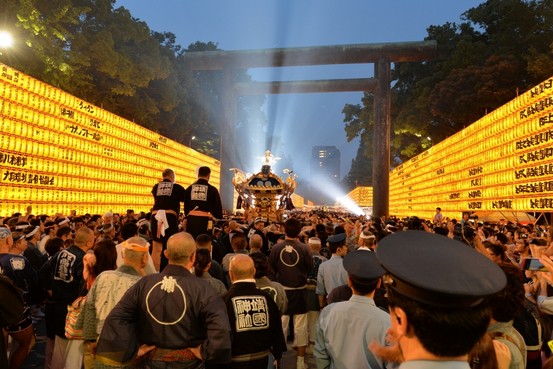On the anniversary of the end of WWII, former Prime Minister of Japan Koizumi made a controversial visit to Yasukuni Shrine—a place that houses spirits of Japan's war dead, including 14 convicted or suspected war criminals. This act, significant amidst the ongoing historical resentments concerning Japan's wartime past, has sparked debates among the Asian countries that suffered under Japan's military aggression during the WWII era.
Visits to Yasukuni Shrine by Japanese politicians often stir controversy, as it signifies differing views on Japan's war responsibility. Some see this as a rightful act of paying respect to the dead, while others view it as a negligent dismissal of Japan's wartime aggression. These visits often instigate diplomatic tensions, especially with China and South Korea, countries significantly affected by Japan's acts during WWII.
In the US or EU, there aren't exact parallels to this situation. But a rough comparison could be politicians showing controversial support to monuments or symbols that represent a painful historical past to certain groups, thereby sparking discussions on historical responsibility and how such legacies should be acknowledged and remembered.

